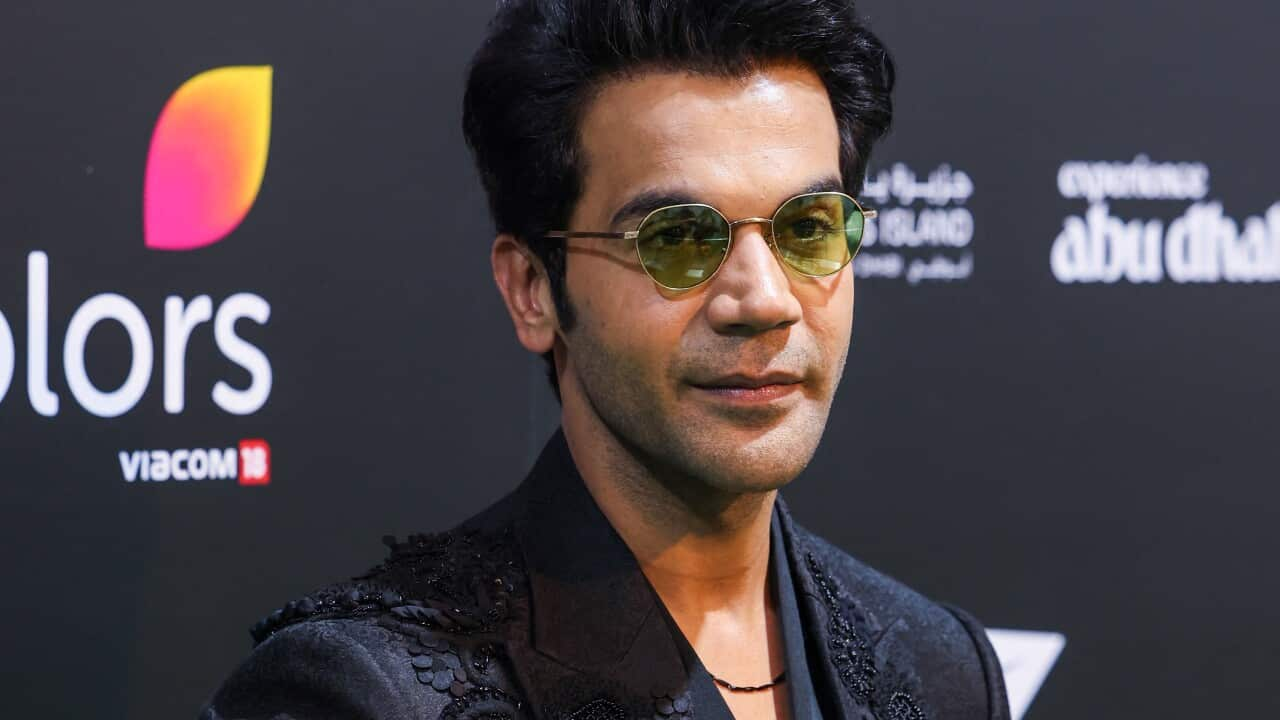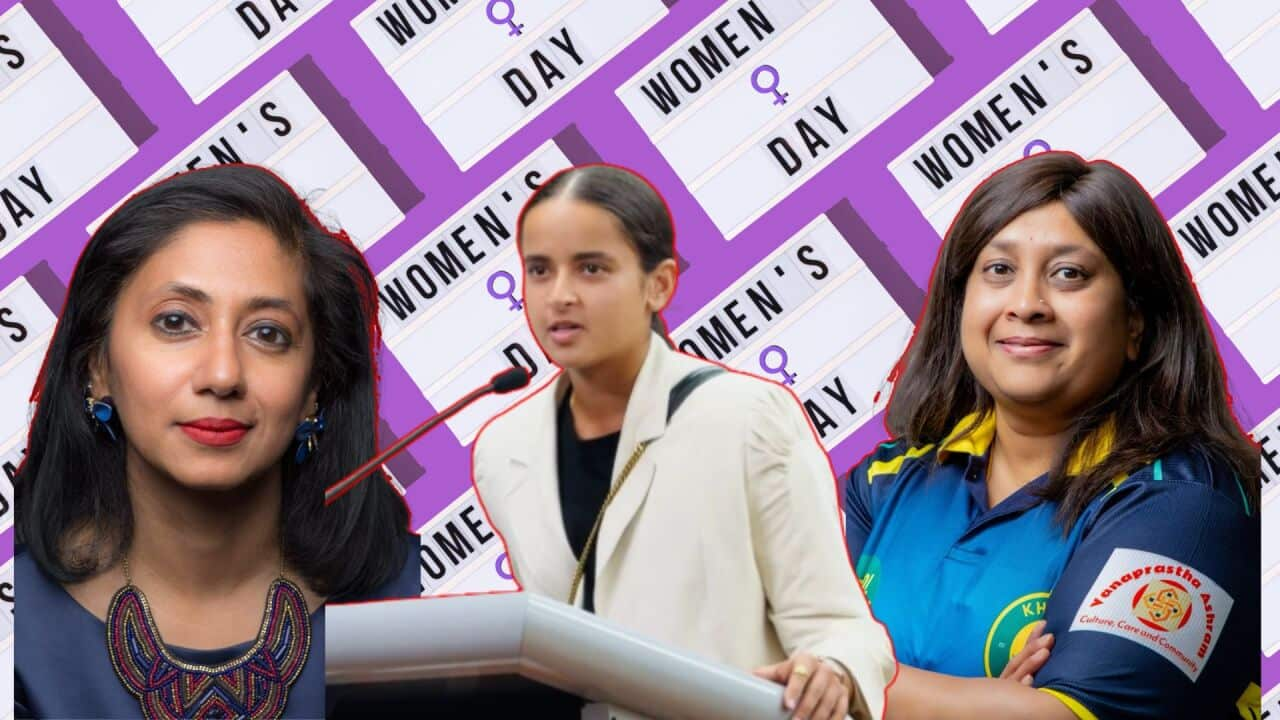Dr Chugh outlined that public Wi-Fi allows users to connect to the Internet via hotspots in a given geographical area. Increasingly, public Wi-Fi is available in different locations - parks, public transport, airports, shopping centres, cafes and so forth. He said that it can be available to users at a charge or free. Melbourne recently announced the availability of free Wi-Fi in certain hotspots around the CBD. Public Wi-Fi sounds good however it is not necessarily secure from potential online threats. He added that the online threats could take the form of identity and personal information theft, virus and monitoring. Data transmitted through public Wi-Fi can be easily intercepted.
Hence, his advice was to treat public Wi-Fi as an unsecured network because it cannot be considered fully secure. He outlined the following ten tips (in no particular order), which can go a long way in protecting users when using public Wi-Fi.
1. Avoid connecting to an unknown Wi-Fi link/hotspot.
2. Manually connect to Wi-Fi hotspots rather than automatically.
3. Turn off file sharing.
4. Look for the secure lock symbol and https in the address bar.
5. Avoid accessing sensitive information and performing activities such as online banking or online purchasing.
6. Use an anti-virus software and regularly update it.
7. Use unique passwords for different accounts.
8. Use a Virtual Private Network (VPN).
9. Logout from personal websites (social media, email) when finished.
10. Delete/Forget the public Wi-Fi network from the device/s when completed.
Dr Chughs final words in the interview were to remember that public Wi-Fi is never as secure as a personal home network so think twice before entering any personal information.



